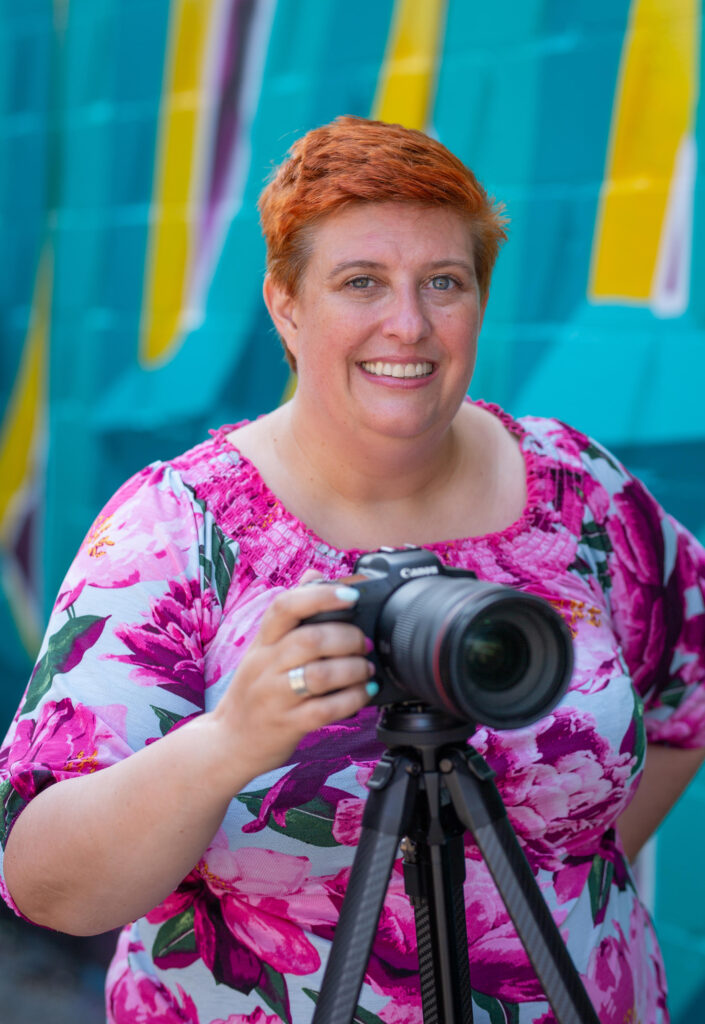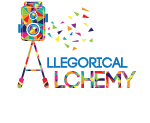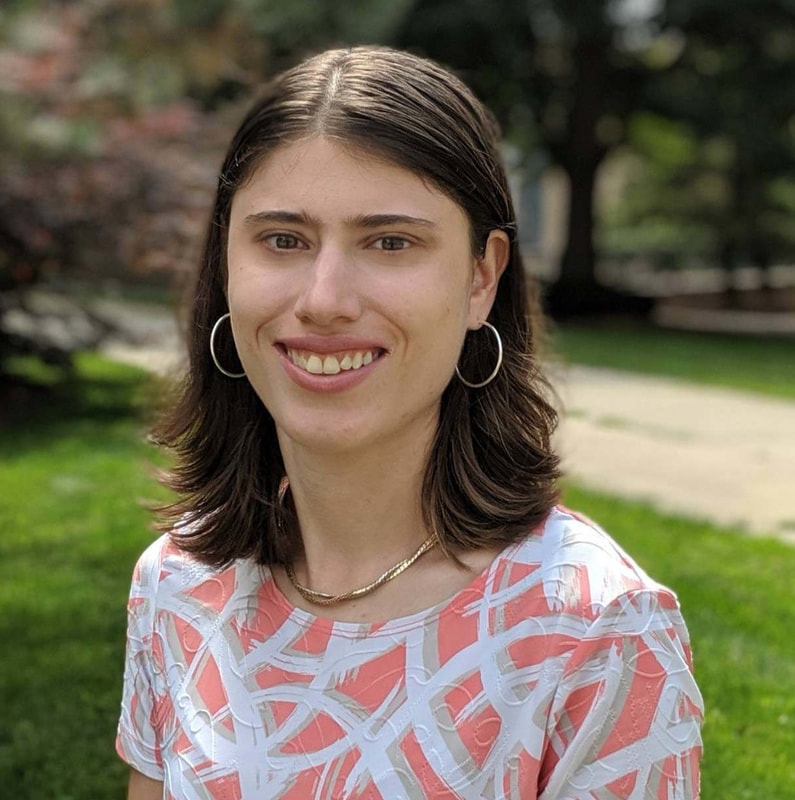
Q: Can you tell us about your educational and professional background?
A: I have an eclectic education! An undergraduate degree in Physiology (BSc Hons), a PhD in Health, and most recently, a Master’s with Distinction in Film. I thought I was going to be a bench scientist, but a disability and orthopedic surgeries stopped me from pursuing this line of work. I sideways moved and got my PhD in Health, focusing on how ‘personality affects recovery from total hip and knee replacement in patients with osteoarthritis’.
After working as a research project manager, I went back to school to get an MA in film from the Raindance program at Staffordshire University. My Master’s focused on developing my practical skills and theoretical understanding of how to create short films related to both health and health research designed for real-world change. Since graduating, I set up Allegorical Alchemy, and have worked on various films related to health and science. I feel that my creative and scientific sides are finally all getting used. Therefore, my USP is a science and health background with filmmaking skills.
Q: How do you ensure accuracy when communicating complex scientific topics in your films?
A: In pre-production, I work with a range of stakeholders including researchers, clinicians, and patients to define key messages based on the research, making sure to balance this with the needs of the target audience. I then craft my interview questions to ensure they discuss topics related to the key message. Finally, I engage with stakeholders throughout the filmmaking process by sharing rough cuts for review and asking for input from experts to ensure that the information shared is scientifically accurate. I also seek input from patients and target audience members so that the key messages are understandable and clear.
Q: How do you ensure that different audiences with varying levels of scientific knowledge stay engaged with your content?
A: Storytelling is a great way to engage different audiences. If you are emotionally engaged in a story, you become more likely to remember the facts and less likely to counter-argue. People tend to engage in a story if they see themselves in person or on screen.
Q: How do you see the field of science communication evolving in the next five to ten years?
A: I think there is a growing understanding that current methods of disseminating the outcomes of health research (peer-reviewed journals, conference presentations) are ineffective for prompting real-world change. Therefore, I think that more researchers (aside from science communicators or knowledge translation specialists) will begin to seek out alternative methods of communication such as film.
Q: How do your personal values shape your approach to communicating science?
A: I got into science communication as I wanted to cause real-world change for patients, and I am proud of what I do. My past life as a health researcher and personal values ensure that I conduct filmmaking in a highly ethical way. I strongly believe in collaboration and consequently, I engage stakeholders throughout the process.

Q: Where can people find your work?
Website: www.allegoricalalchemy.com
X (Twitter): @allegoryalchemy
Vimeo: https://vimeo.com/allegoricalalchemy
Instagram: @clare_ gibson_creative



Leave a Reply